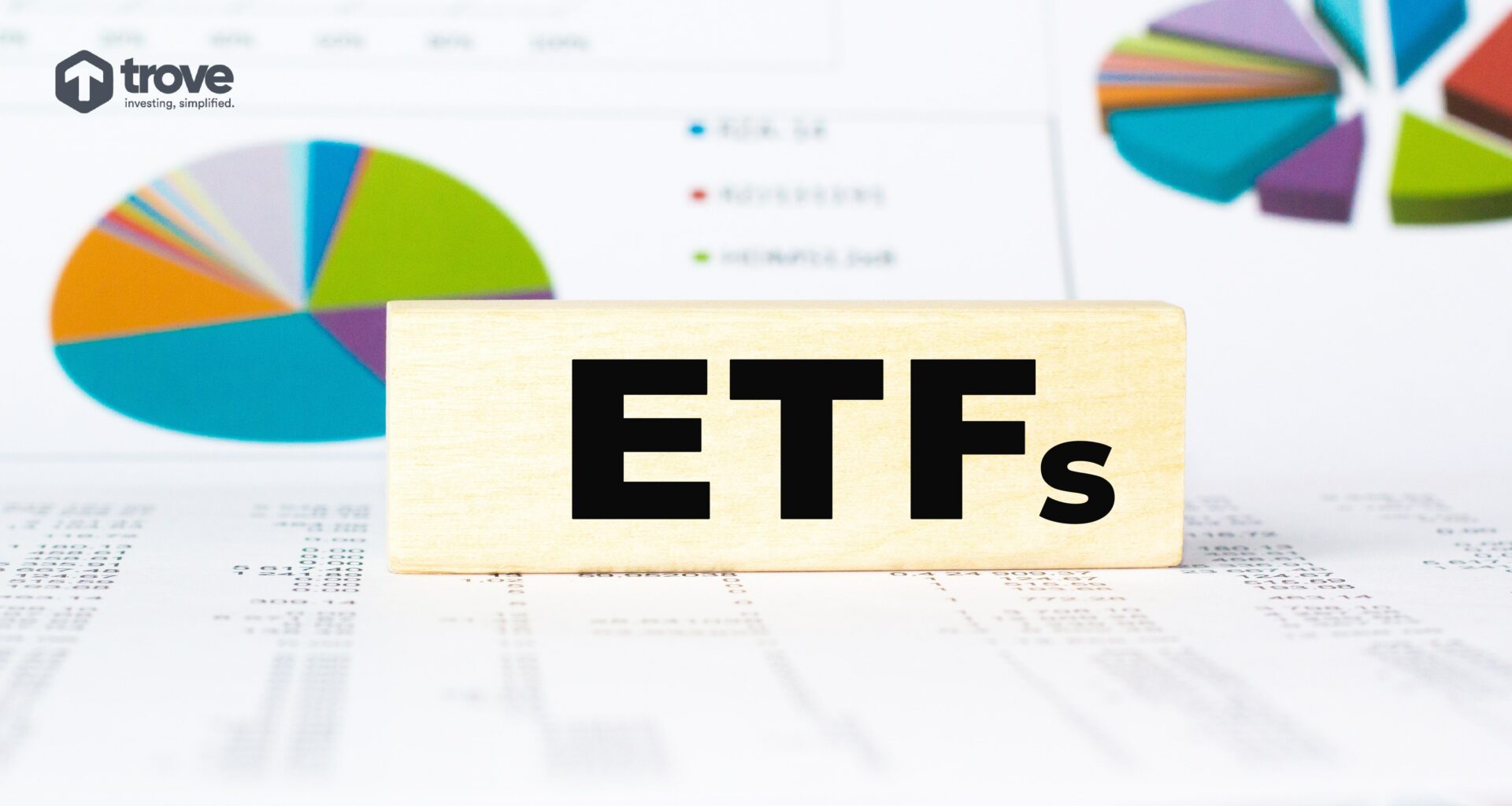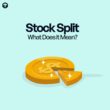WHAT ARE ETFs?
Exchange-Traded Funds (ETFs) fuse some qualities of mutual funds with some qualities of stocks. They primarily merge the ease of stock trading with the numerous benefits of mutual funds.
An ETF is a form of security that follows a sector, market index, commodity or any other asset which can be purchased or sold in a stock exchange. They can be traded like stocks which means they can be bought and sold throughout the day while the stock market is open.
They can be designed to track anything from the price of a single security to a large and varied collection of securities. ETFs are marketable securities which means they have an associated price with which they are bought and sold which is determined by the movement of the market (again, just like stocks are). The price at which shares of ETFs are traded usually differ from the price of the commodity that they track.
WHAT ARE THE TYPES OF ETFS?
- Bond ETFs: Bond ETFs generate individual regular cash payments for their investors. They serve as a source of regular income. They give investors access to almost every bond available.
- Commodity ETFs: Commodities are raw goods that can be traded, that is, bought or sold such as copper, gold, crude oil or coffee. As the name implies, commodity ETFs let you invest in commodities. Commodity ETFs let you bundle these securities into a single investment.
- International/ Foreign Market ETFs: International ETFs are a low-risk way to invest in foreign markets. These ETFs may include investments in individual countries or specific country blocs.
- Inverse ETFs: As the name implies, inverse ETFs make profit in a way that is opposite from the norm. With inverse ETFs, investors earn gains from the decline in the value of an asset.
So right now you’re probably like, “Okay, I get the general gist of what ETFs are. But do I or do I not invest?”. This brings us to the next part.
REASONS TO INVEST IN ETFs
Diversification of Portfolio: ETFs give access to various stocks from across different countries and industries.
Lower fees: ETFs have lower expense ratios and fewer commissions. Investors only execute one transaction to buy and one transaction to sell which means fewer broker commissions, as opposed to if they were to buy each individual asset in the ETF.
Tax benefits: Investors are usually taxed when selling ETFs, they do not incur taxes over the course of the investment.
Traded throughout the day: Unlike mutual funds that trade at the end of the day, you can buy and sell ETFs at any time while the market is open. This makes them more accessible than other funds.
REASONS WHY ETFs MIGHT NOT BE FOR YOU
Likely liquidity issues: ETFs are not traded as often as some other securities and sometimes that poses a problem when investors want to sell quickly.
Risk of the ETF closing: This primarily happens when the funds have not bought enough assets to cover the administrative costs. If the ETF closes, it often means that the investors will have to sell at a loss.
Should you decide that you want to invest in ETFs, Trove has an extensive collection of ETFs to meet every investment goal!



